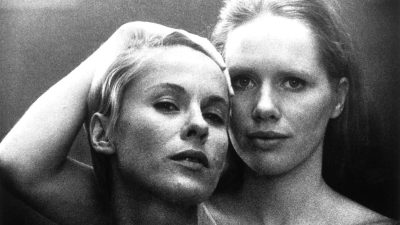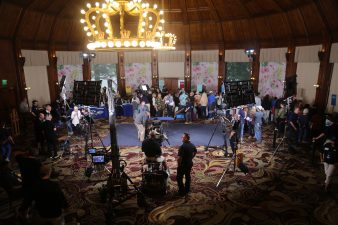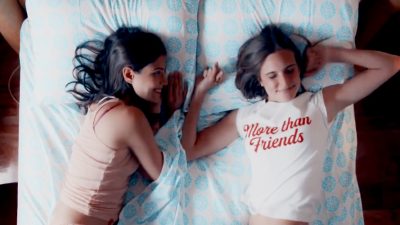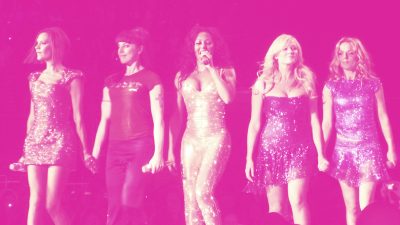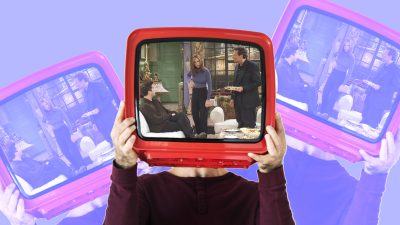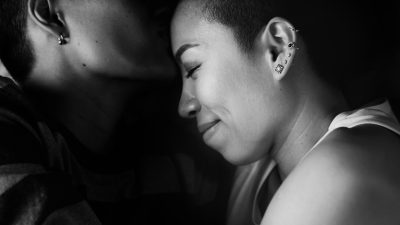Arts & Culture
When I Started HRT, I Discovered a Sweeter Side to My Masculinity
I was leaving femininity behind, grateful to have an example like my grandpa to grow toward.
How Ingmar Bergman Films Helped Me Grow Up in America
The self-regard that came with watching Bergman films helped me feel rich in something, for the first time since arriving in America.
The Radio Repairman Who Started a Movement in Cuban Music
He begged his mother to let him buy the guitar. When she refused, reminding him that it was half of the month’s rent, he wept.
There Is No Purer or More Joyful Reality TV Show Than ‘Antiques Roadshow’
The Roadshow is so kind, so simple, and so pure that you begin to wonder, “Could this even be faked?” When I visited the set in San Diego, I discovered—no, it can’t be faked.
Falling in Love and (Finally) Finding Queer Representation on a Telenovela
I know that their lips are touching, and that this is the first time it’s ever happened on a free-to-air telenovela.
We Barrio Boys and Our Papi Chulo Philosophics
Who are we if not kin through our deviations? Street hustler and femme queen, macho and maricóncito, variations on a chulo aesthetic.
Spice Girls and the Rise and Fall of Girl Power
Girl power was the freedom to make a scene, make no sense, join together and make something irresistible, spectacular, unproductive, joyful, and to radically claim one another.
’90s Sitcoms Don’t Hold Up Well—But They Once Held My Family Together
I knew on a level the humor was cringeworthy, especially as a recently out gay boy facing heterosexist gender roles, but I didn’t care. I needed “Friends” to make our house feel less lonely and empty.
What Mani Ratnam’s Films Meant to Me and the Women of the Sri Lankan Civil War
Underneath the shiny veneer of Bollywood, there’s something affirming about seeing people caught in the maelstrom of politics and war making choices—to flee or stay or fight.
How Queer Korean Representation Helped Me Understand Who I Am—and What I Could Lose
I know that I’m living in a ticking clock, and all of this—dinners with my parents, peaceful conversations—will likely be gone one day.


